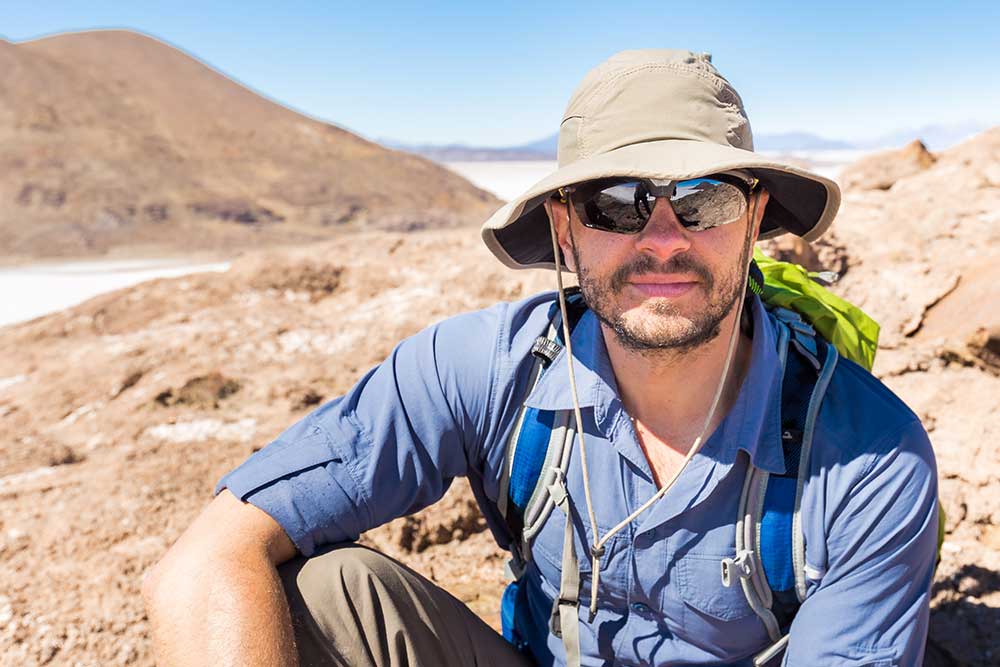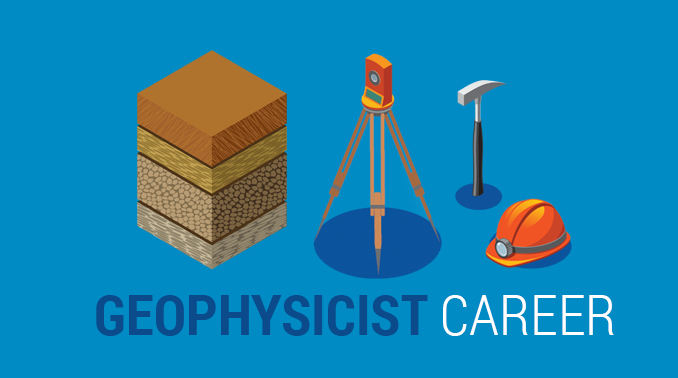All Categories
Featured
Table of Contents
An Assessment Of Geophysical Survey Techniques For ... in Osborne Park WA 2021
This work is progressively contracted out, so consultancies offer another source of employment. Consultancy firms differ in size, from extremely little business to big multinationals. Some consultancies are rather specialised in using particular geophysical strategies or working in particular locations, while others provide a more diverse series of services to their clients.
The extraction of gas from landfill sites is another location of employment and this may grow in the future. Exploration companies may undertake work for building companies, water companies, mining companies and environmental agencies, so geophysicists might be utilized in any of these settings. Other employers include: geological surveysgovernment bodies and agenciesuniversities and research study institutes.


Vacancies may be noted in the oil and gas sector press. Recruitment is impacted by oil cost variations and the level of competitors for positions varies depending upon this. Careers Days, which cover the full series of geoscience professions and are normally gone to by a number of essential market employers, are run by The Geological Society.
Geophysical Survey Services in Como Aus 2022
A few of the large oil and gas business offer a complete two-year structured training programme across the breadth of geophysics, consisting of the chance to experience operate in various teams prior to specialising in one location. Your training may include work on: existing wellsmagnetic and gravitational prospective field data analysisresearchrock analysis. Nevertheless, it's more normal for your preliminary training to be supplied on the job.
There may be a probationary period throughout which you work along with an experienced coworker. Competency-based appraisals take place regularly in a lot of companies. In smaller sized firms, and for academic posts, there is unlikely to be any formal training - you'll be anticipated to start work straightaway and get abilities as you go along.
If you work for a smaller company, you might discover that you need to take responsibility for arranging and funding your own advancement and training. If you have a geology degree, membership of The Geological Society can be helpful for networking and for keeping up to date with the industry.
Mining Geophysicist Profile in Sorrento WA 2022
You might also find it useful to join the PESGB (The Petroleum Exploration Society of Great Britain, which has a geophysics unique interest group. After a probationary duration, and when you have actually gained some experience, you could progress to senior geophysicist, then group leader and then into a senior role in management.
The ease of motion between roles depends upon the company structure. Research study at Masters or Ph, D level in a subject related to geophysics or geosciences may assist with your profession development and progression. The employment market within the oil and gas market is extremely depending on rate and this might impact your chances for career progression.
For knowledgeable geophysicists, freelance consultancy provides a great route for profession advancement. As a geophysicist, you're most likely to have several jobs throughout your working life.
What Does A Geologist Do? in Glen Forrest Australia 2022
From geophysics, it's possible to concentrate on seismology (finishing further training to become a seismic interpreter) or to move into related locations such as engineering geology or danger forecast.
Deciding what to study in college is a hard choice. Even if you know that your field of interest lies in science, what program of study is best for you?
The very first action to attaining your goal of ending up being a geophysicist is earning a degree. Even for entry-level positions in the field of geoscience, you'll need a bachelor's degree (a geophysicist college degree) from a recognized college or university. Some research study positions need prospects to hold master's degrees or perhaps Ph.
Recent Advances In Optimized Geophysical Survey Design in Mt Richon Oz 2023
Postgraduate degree are particularly important if you prepare to teach at a four-year organization. Geophysicists apply physics concepts and techniques to study the gravitational, magnetic, and electric fields of the earth. This advances scientists' knowledge of both the planet's interior core and its surface area. Geophysicists must have the ability to: analyze rocks, pictures, and other pieces of data perform research both in the field and in laboratories develop maps and charts of their findings write reports To achieve all this, trainees need a specialized education for geophysicist careers.
As specified above, you'll need a bachelor's degree in geoscience or a related discipline, such as a physical science or a natural science, to land an entry-level job. Students can also prepare by majoring in topics like: Biology Chemistry Computer science Engineering Mathematics Physics The above geophysicist majors provide a more generalized approach to a single clinical discipline, but the majority of programs need students to take one or more geology course.
Latest Posts
Geophysical Survey Methods in Champion Aus 2021
Geophysical Survey - Salisbury Archaeology in Hocking Australia 2021
What Can I Do With A Major In Geophysics? in Carine Australia 2023